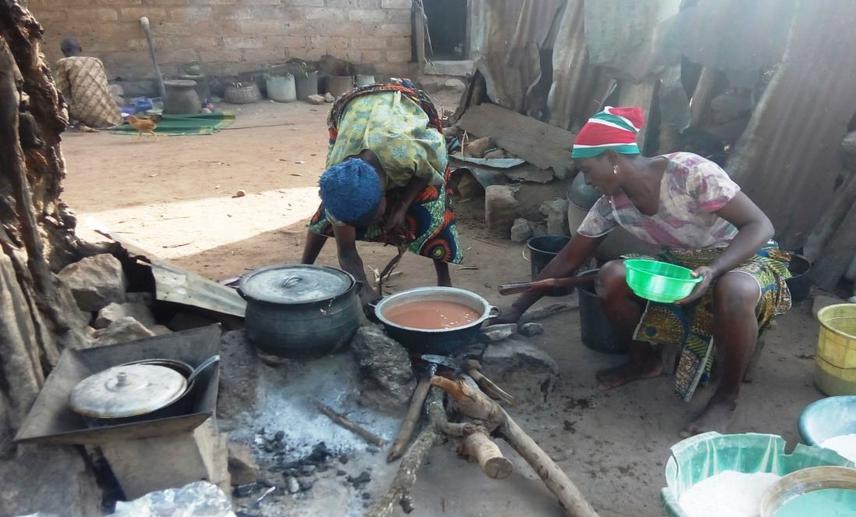Folaranmi Babalola
Other projects
19 Nov 2018
Introduction of Efficient Biomass Cook Stove as a Strategy to Reducing Household Pressure on Natural Forests of Guinea Savanna Zone of Nigeria
The study is aimed at assessing the potential of efficient biomass cooking technology in reducing the current pressure on natural forests and combat increasing rate of deforestation and forest degradation.

Women with cook stoves.
There has been increase in the rate of exploitation of natural forests by people in Guinea Savanna zone of Nigeria for firewood and production of charcoal. The impact of the exploitation is leading to fast disappearance of the natural forests. The major reasons for sudden reliance on biomass energy and over-exploitation of the natural forests could not be ascertained. Furthermore, it was reported in 2015 edition of World Energy Outlook (WEO) that 730 million people worldwide rely on solid biomass for cooking with the use of inefficient cook stoves that cause air pollution resulting in premature deaths of nearly 600,000 in Africa each year, in addition to other associated implications on environment and biodiversity loss.
The study is therefore aimed at understanding the factors contributing to use of the biomass energy in the Guinea savannah zone of Nigeria. It was further projected that reliance on traditional biomass energy will persist for a long period of time. Hence, an adaptation strategy such as introduction of efficient use of biomass energy is envisaged to reduce the current pressure on natural forests, improve welfare of rural households, and ultimately combat increasing rate of deforestation and forest degradation.